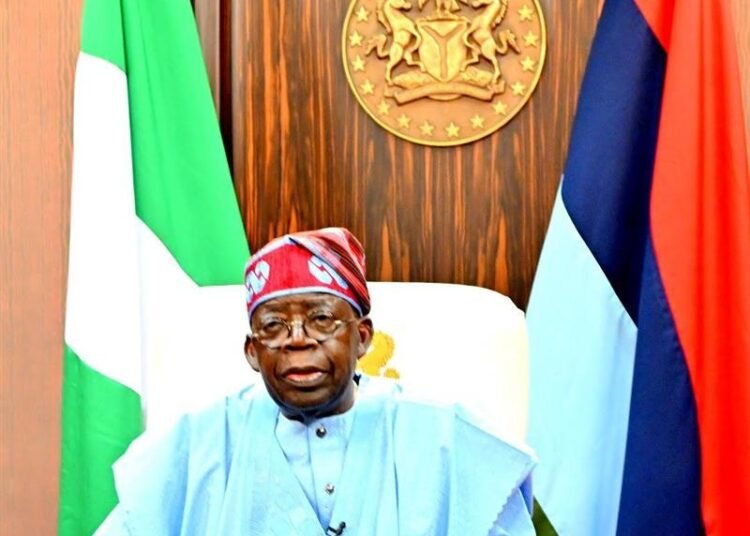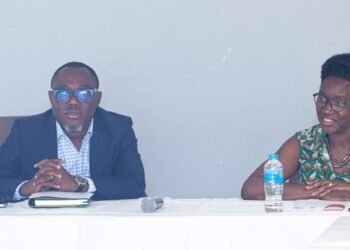President Bola Ahmed Tinubu, GCFR, has assured Nigerians that the country is turning a corner on inflation and rising living costs, declaring, “The worst is over. Yesterday’s pains are giving way to relief.”
Urging citizens to embrace productivity, support locally made goods, and fulfill tax obligations, Tinubu called for unity in building a self-reliant nation, stressing, “Let us be a nation of producers, not just consumers.”
In a speech that blended pride in Nigeria’s achievements with a call for collective action, Tinubu highlighted the sacrifices of the country’s founding fathers and heroines, including Herbert Macaulay, Nnamdi Azikiwe, Obafemi Awolowo, and Funmilayo Ransome-Kuti, who envisioned Nigeria as a beacon of hope for Africa and the Black race.
Speaking from the nation’s capital, Abuja, Tinubu acknowledged the challenges Nigeria has faced over the past six decades, including a civil war, military dictatorships, and political crises. “We weathered every storm and overcame every challenge with courage, grit, and uncommon determination,” he said, emphasizing the nation’s resilience. He pointed to significant progress since 1960, noting that access to education and healthcare has vastly improved. From just 120 secondary schools at independence, Nigeria now boasts over 23,000, while tertiary institutions have grown from two to nearly 700, including universities, polytechnics, and colleges of education.
ALSO READ: BOTSWANA PRESIDENT CALLS FOR UNITY ON 59TH INDEPENDENCE DAY
Tinubu defended the decision to end corrupt fuel subsidies and unify multiple foreign exchange rates, which he said had previously benefited only a small elite. “We chose the path of reform, the path of tomorrow over the comfort of today,” he declared. These measures, though initially painful, have led to tangible results, including redirecting funds to education, healthcare, agriculture, infrastructure, and social investment programs.
The president highlighted 12 economic milestones achieved under his leadership, including a record-breaking non-oil revenue of over ₦20 trillion by August 2025, a reduced debt service-to-revenue ratio from 97% to below 50%, and a foreign reserve increase to $42.03 billion—the highest since 2019. Nigeria’s GDP grew by 4.23% in Q2 2025, outpacing IMF projections, while inflation dropped to 20.12% in August, the lowest in three years. The country has also become a net exporter, with a trade surplus of ₦7.46 trillion in Q2 2025, and oil production has rebounded to 1.68 million barrels per day.
On security, Tinubu praised the armed forces for their efforts in combating terrorism, banditry, and kidnapping, noting that peace has returned to many communities in the North-West and North-East. He also addressed Nigeria’s youth, calling them the nation’s greatest asset and outlining initiatives like NELFUND, which has disbursed ₦99.5 billion in student loans to 510,000 students, and Credicorp, providing ₦30 billion in affordable loans for various needs.






























































